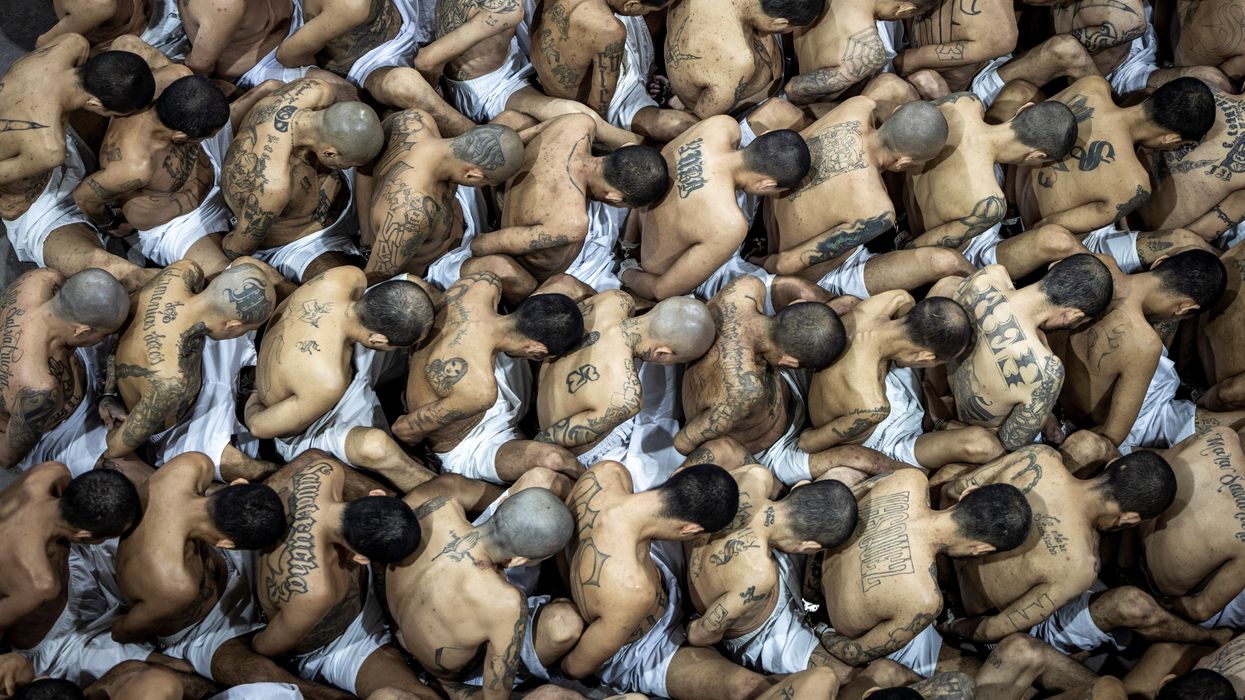popular
What We’re Watching: El Salvador’s lingering state of emergency, Northern Ireland on alert, Alibaba’s breakup, Greek election matters
El Salvador’s state of emergency one year later; Fears of domestic terror attack in Northern Ireland; Alibaba breaks up … itself; Greek PM calls spring election
Mar 28, 2023

